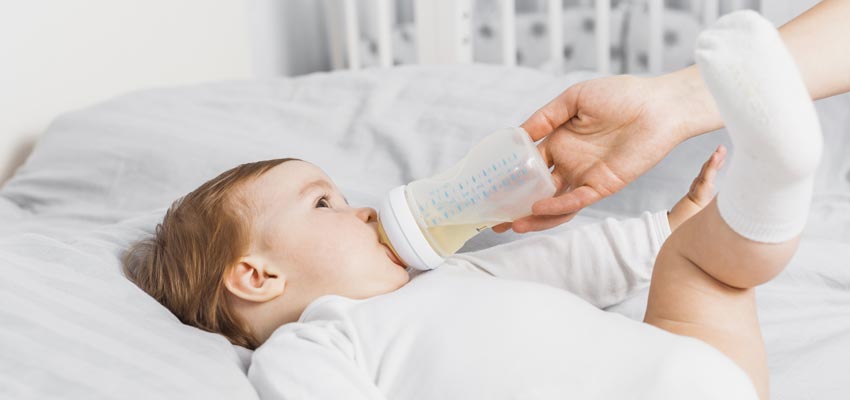A BLE draft bill amending the Fruit Juice and Soft Drinks regulation stipulated that the addition of sugar and other sweetening ingredients in infants and young children teas should be banned until the end of 2019.
It is scientifically proven that the consumption of sugar in infants and young children strongly influences later eating habits and thus leads to excessive sugar consumption among adolescents and adults. The consequences are an increase in tooth decay and overweight.
The European Society for Pediatric Gastroenterology, Hepatology and Nutrition (ESPGHAN) therefore recommends that children between the ages of 2 and 18 should not absorb more than 5% of their nutritional energy from free sugars. For infants and young children, this quantity should also be significantly lower.
“Free sugars" include all single and double sugars that are added to a food during production or preparation. This also includes honey, syrup, fruit juices and fruit juice concentrates.
In analytical terms, added sugars can usually be easily distinguished from sugars naturally contained in the product. The laboratories of the AGROLAB GROUP offer this analysis as well as the examination of the nutrition labelling. We will also advise you on the correct and legally binding details of these products so that they are marketable in Germany.
Author: Frank Mörsberger

 Contact
Contact

 Contact
Contact Career
Career